Did you know that the global AI in education market is projected to reach an impressive USD 32.27 billion by 2030, growing at a remarkable compound annual rate of 36%? This statistic highlights the forthcoming transformation that AI is set to bring to the education landscape.
In this blog, we’ll explore how AI will change the education landscape and what you can anticipate from this dynamic integration.
Table of Contents
What is Artificial Intelligence in Education (AIED)?
But first of all, let’s understand the term “AI in education” itself.
Artificial Intelligence in Education (AIED) involves applying AI techniques and technologies to enhance learning, teaching, and educational processes.
The goal of AIED is to create effective, engaging, and efficient educational experiences that cater to the diverse needs of students and teachers.
10 Ways AI Will Change the Education System
AI’s impact on education is poised to be transformative, enhancing learning experiences and reshaping the roles of educators.
Here are 10 ways AI will likely revolutionize the educational landscape:
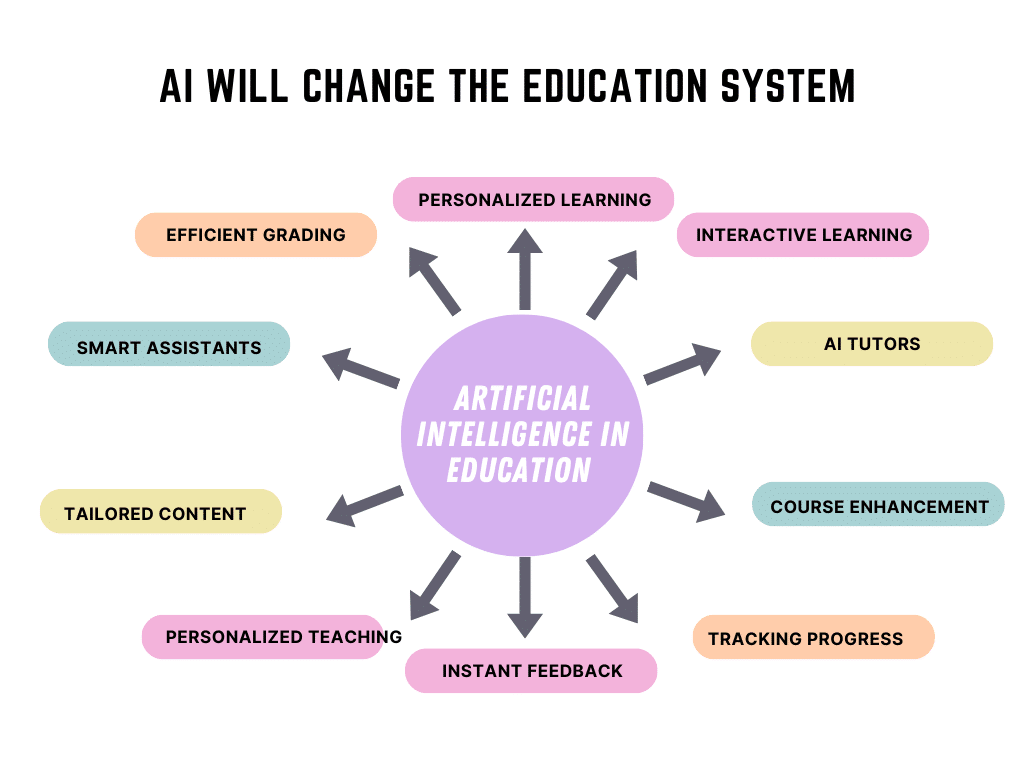
1. Personalized Learning
The beauty of AI lies in its ability to decode individual learning patterns, paving the way for tailor-made learning ways. Learning materials will dynamically adjust to each student, fostering better comprehension and retention rates.
2. Efficient Grading
The valuable time educators spend grading assignments can be optimized with AI’s assistance. While AI will not replace teachers, it can swiftly evaluate multiple-choice or fill-in-the-blank tests, freeing up educators for more interactive tasks.
3. Smart Assistants
Imagine having an educational assistant like Alexa. AI-driven assistants offer on-demand assistance around the clock. For instance, Arizona State University taps into Alexa’s capabilities to guide students through academic responsibilities and steer them toward relevant resources.
4. Tailored Content
AI’s prowess in navigating vast educational data sources will facilitate the delivery of precisely relevant content.
Noteworthy platforms like Jaro Education and Byju’s utilize this technology to offer specialized lectures and immersive virtual training sessions.
5. Personalized Teaching
AI’s support will extend to educators, aiding them in adapting lessons to suit individual learning paces. Carnegie Learning’s courses, empowered by AI, provide each learner with a uniquely tailored educational journey.
6. Instant Feedback
AI-driven tools will closely monitor student progress within online programs, arming educators with insights to provide timely feedback and targeted support where necessary.
7. Tracking Progress
With AI-integrated tools, educators gain a complete view of student performance. This empowers them to pinpoint areas that deserve additional attention and fine-tune their teaching strategies accordingly.
8. Course Enhancement
AI’s role doesn’t stop at assessment; it extends to enhancing course content.
Coursera, for instance, employs AI to bridge the gap between lectures and study materials, providing real-time insights to educators for course refinement.
9. AI Tutors
The horizon holds the promise of fully AI-based tutors, but even now, AI tools are reshaping individualized learning experiences, especially in subjects like mathematics and basic English.
10. Interactive Learning
AI-powered technology will empower educators to deliver concepts through real-world examples and interactive models, making learning an engaging and immersive endeavor.
As AI’s evolution reveals, its integration into education promises a more personalized, efficient, and engaging learning environment.
Important Note
It is important to mention that AI is not about replacing human teachers, but rather about leveraging computer intelligence to enhance the education system for both teachers and students, making it more effective and efficient.
While AI can streamline administrative tasks, provide data-driven insights, and offer personalized learning experiences, the unique qualities and capabilities of human teachers, including emotional connection, adaptability, mentorship, and fostering holistic growth, make them irreplaceable in the education system.
Read More: How Artificial Intelligence Will Transform Healthcare Industry?
Conclusion
Inevitable and powerful, the integration of AI into education marches forward. As educators and learners, the choice lies not in resisting, but in adapting and embracing. By welcoming AI’s potential, we open doors to a more dynamic and personalized learning experience, shaping a future where collaboration between human intellect and artificial intelligence fuels the path to knowledge.
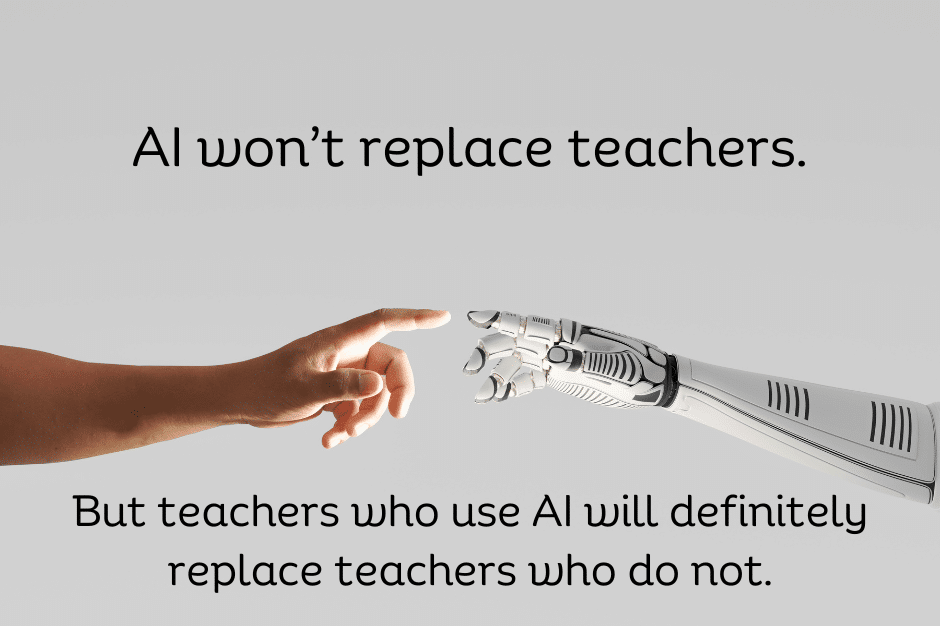
Frequently Asked Questions (FAQs)
Will AI replace teachers?
No, AI is not meant to replace teachers. Instead, it will assist educators by automating administrative tasks, offering insights, and enabling them to focus more on individualized instruction.
Will AI discourage face-to-face interaction between teachers and students?
AI aims to enhance, not replace, human interaction. By taking over routine tasks, teachers will have more time for meaningful one-on-one interactions and personalized guidance.
What’s the timeline for widespread AI integration in education?
AI integration is an ongoing process. While some AI applications are already in use, full-scale integration will likely occur gradually over the next decade as technology continues to advance.
What should educational institutions consider when adopting AI?
Institutions should focus on teacher training, ethical considerations, data security, and involving stakeholders to ensure a smooth and successful AI integration process.
How is AI being used in education?
AI is being used in education through various applications such as personalized learning platforms, chatbots for student support, automated grading systems, intelligent tutoring systems, and data analysis for educational insights.

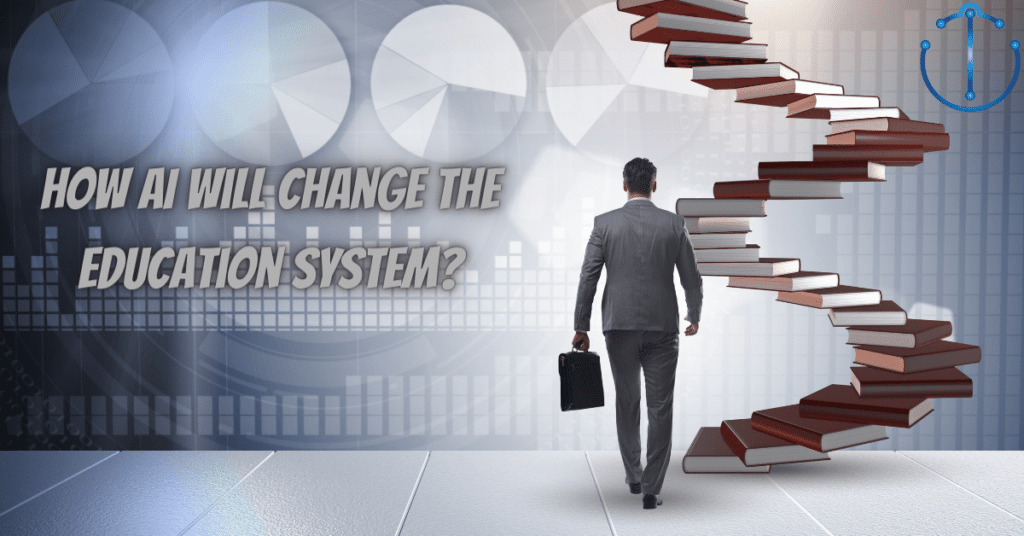
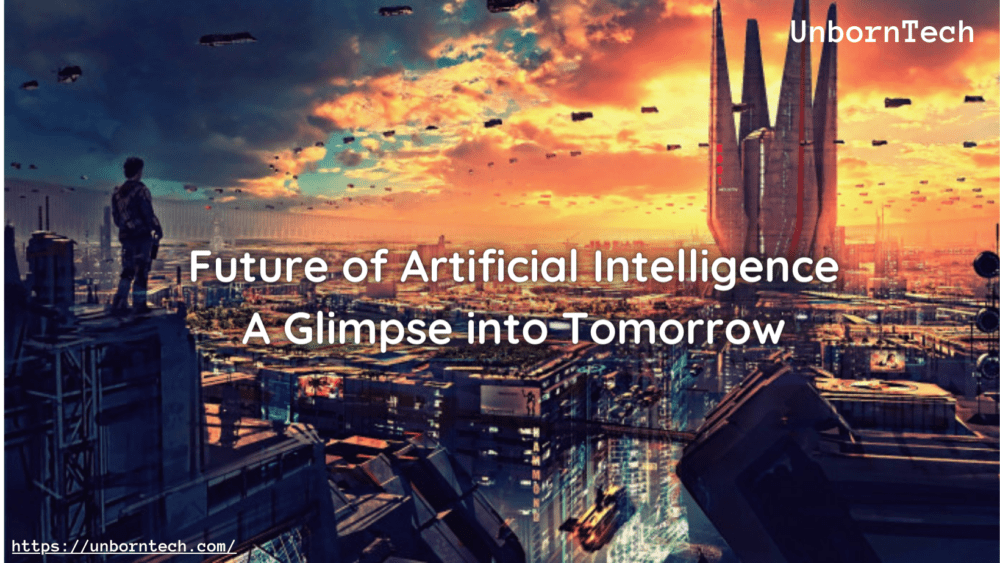

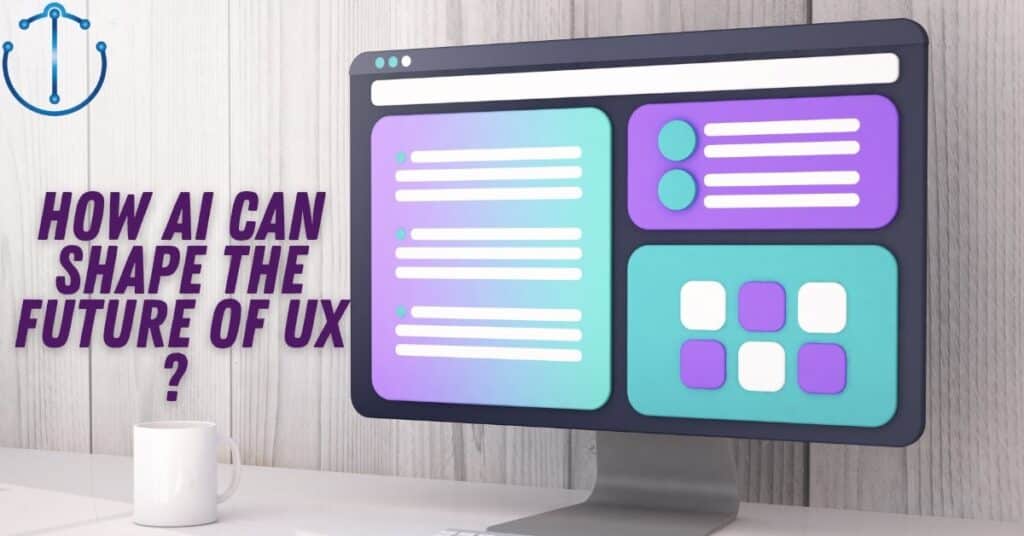


I just read the blog on how AI is transforming the education system, and I’m truly impressed by the potential it holds. The insights shared here highlight the promising future of education. AI’s adaptability and personalized learning approaches are game-changers, and I can’t wait to see how this revolutionizes the way we learn. Great post!
Thank you for your positive feedback! I’m glad you enjoyed the blog post. AI’s potential in education is indeed exciting, and it has the power to revolutionize the way we learn. Stay tuned for more insights on this topic!